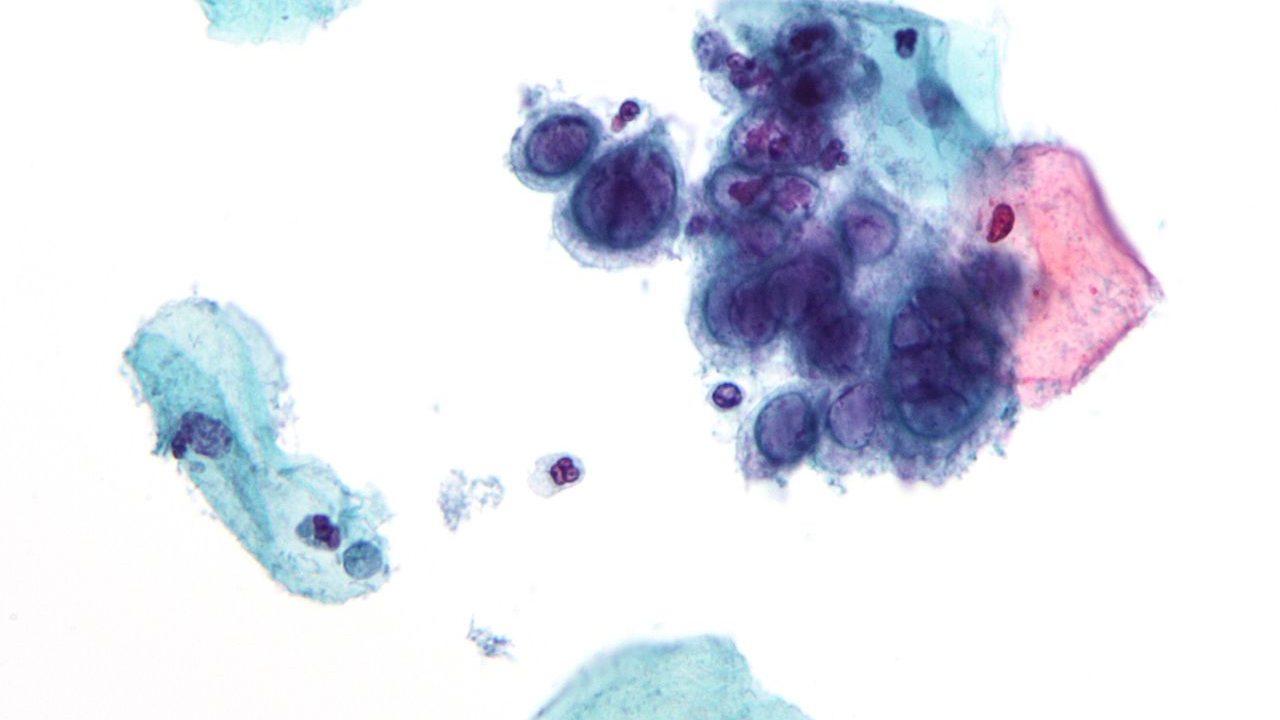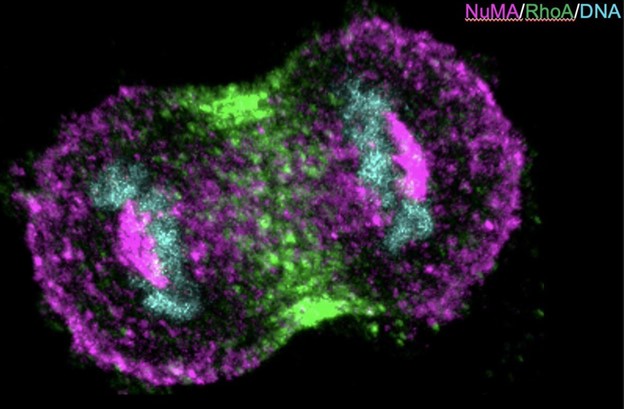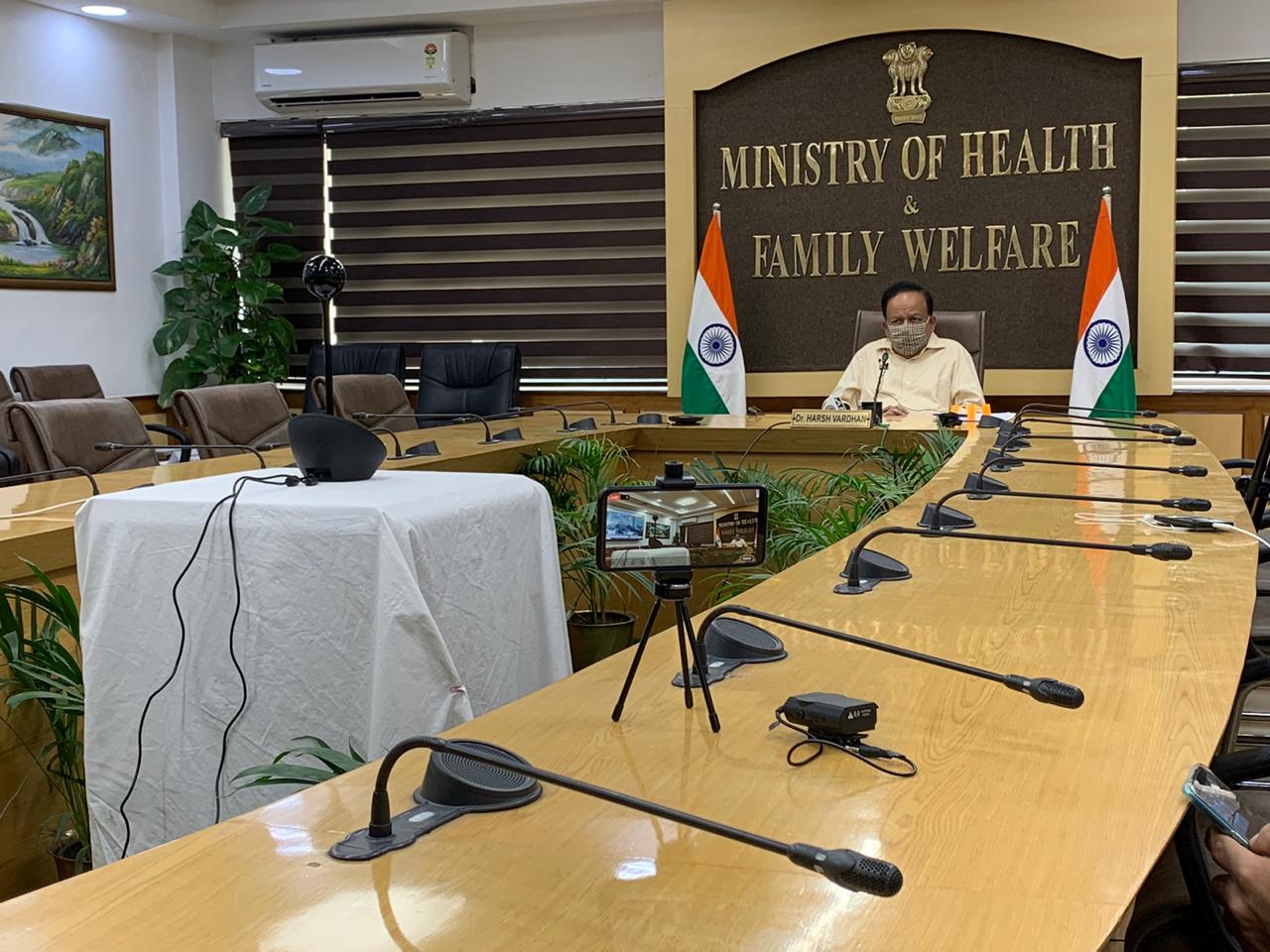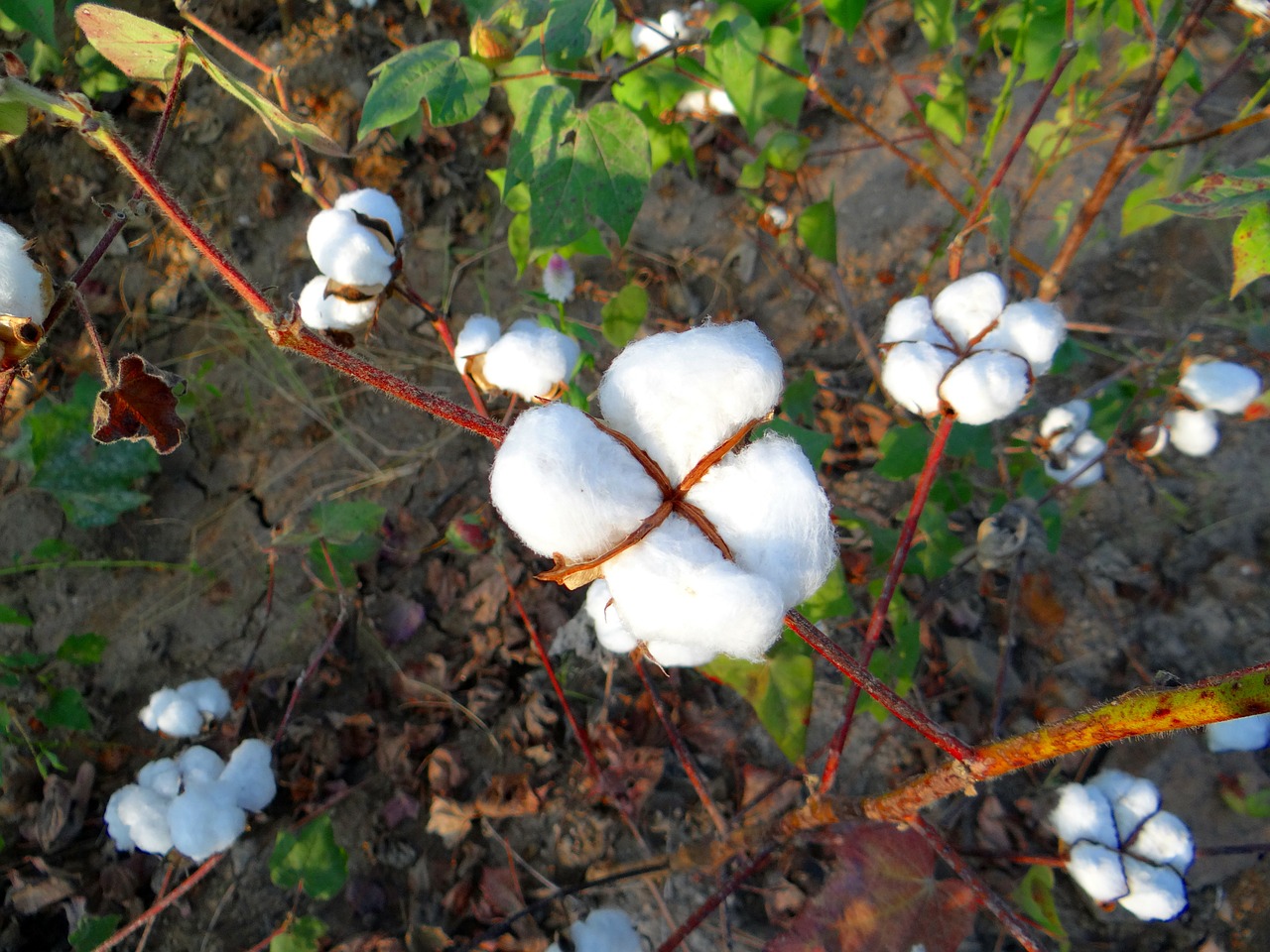A new study has found that women who have had Chickenpox infection may transmit the DNA of the disease-causing virus to their babies during pregnancy, thus stimulating their immunity against the infection and protecting them.
This mother-to-child transfer of viral DNA may be responsible for the long-lasting protection against chickenpox infection seen during childhood, said researchers from the National Institute of Immunology and St Stephens Hospital, Delhi, said in their study published in journal Viral Immunology.
The new finding takes the understanding of how babies are protected against infections like chickenpox to a new level. Presently, it is understood that mothers provide babies protection against a variety of common infections by transferring readymade antibodies to them, that the protection lasts for 12 to 15 months and that if a baby encounters an infection during this period, it gets ill in a mild form and develops its own long-lasting immunity for that disease.
The new study led by Dr. Jacob Puliyel from St Stephens Hospital has shown that it was, however, different in the case of chickenpox. The scientists found that the mothers develop subclinical viremia and the viral DNA is transferred to their babies. The study was done in 350 mothers and their newborn babies.
The researchers said, “the babies of mothers, who had chickenpox earlier in their life, develop a long-lasting active immunity with the transfer of chickenpox DNA from mothers, instead of the short-term passive protection provided by the transfer of readymade antibodies. It is likely that the antibodies are developed actively in the fetus”.
They also noted, “several studies have already shown that Chickenpox can get reactivated due to stress following surgeries and space travel. But, subclinical reactivation of chickenpox, induced by the stress of pregnancy, is being reported for the first time.”
Further, they said that the ‘chickenpox parties’ held in countries like the UK to get children exposed to others with chickenpox was not necessarily a bad idea, as they get naturally infected in childhood when the disease is typically mild and later in life, they are likely to pass on protecting chickenpox antibodies and DNA to their offspring. The authors said that in the wake of the new finding, there may be a need to review vaccination policies for chickenpox.
The study was supported by a core grant from the Department of Biotechnology (DBT) to the National Institute of Immunology, New Delhi. Besides Dr. Puliyel, the team consisted of Alaknanda Mishra, Ashwani Kesarwani, K. Varsha Mohan and Pramod Upadhyay, of National Institute of Immunology and Vivek Ranjan, and Sandeep Narayan Lal, of St Stephens Hospital. (ISW)
If you liked this article, then please subscribe to our YouTube Channel for the latest Science & Tech news. You can also find us on Twitter & Facebook.



